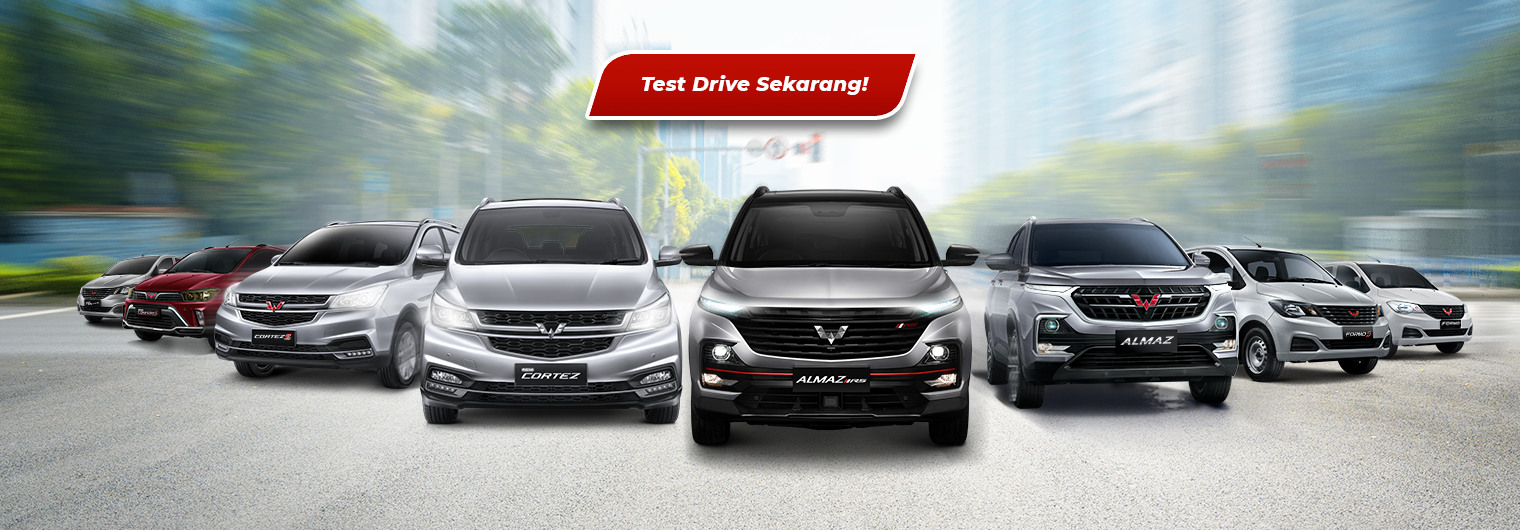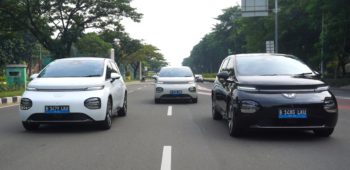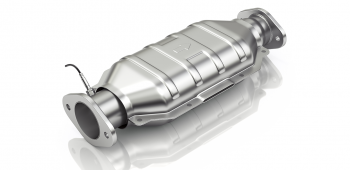Get to Know the Various Types of Electric Car License Plates
30 October, 2023
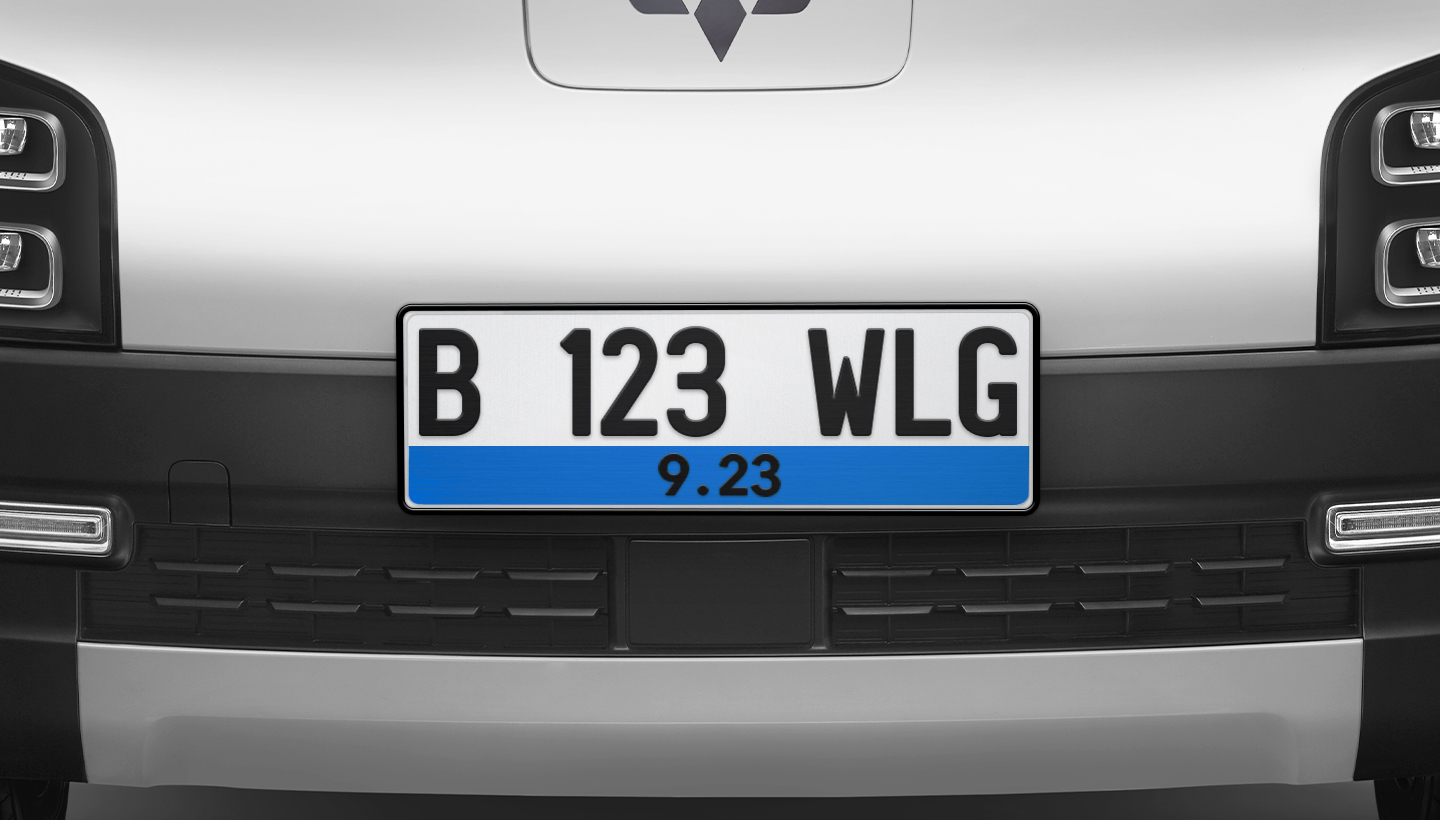
Electric car license plates are a distinctive form of motor vehicle identification (TNKB) characterized by a specific feature, a blue line at the bottom of the plate. These electric car plates were first implemented in Indonesia in 2020. The use of these electric car plates is one form of support for the Battery Electric Vehicle (BEV) Acceleration Program initiated by the government.
What are the types of electric car plates in Indonesia? This article will discuss the various types of electric car plates in Indonesia and why it is important to differentiate them.
Why Should Electric Car Plates be Differentiated?
At first glance, the physical appearance of electric cars may seem similar to conventional cars. One noticeable difference is the color of the electric car plates, often referred to as “blue-plate electric cars.”
These different plate colors are actually chosen for easier identification by traffic officers and authorities. For example, when odd-even policies are implemented, electric cars are still allowed to operate. This color selection is also the result of recommendations from the Indonesian Traffic Corps (Korlantas) forum and is in line with the government-supported “Blue Sky” program.
The decision to differentiate electric car plates is not without basis. It refers to the DKI Jakarta Governor Regulation No. 88 of 2019. In this regulation, electric cars are explicitly identified as one type of vehicle not subject to odd-even rules.
This is in line with the same arrangement for vehicles such as ambulances, fire engines, or presidential vehicles. Thus, electric cars have the privilege to operate without being affected by the applicable odd-even restrictions.
In addition to the direct benefits for electric car owners, the differentiation in these plates also has other positive implications. One of them is the ease of analyzing data from the Electronic Traffic Law Enforcement (E-TLE) camera recordings, also known as electronic ticketing. With the special plate color for electric cars, the E-TLE system can more easily identify and process traffic violations involving electric vehicles.
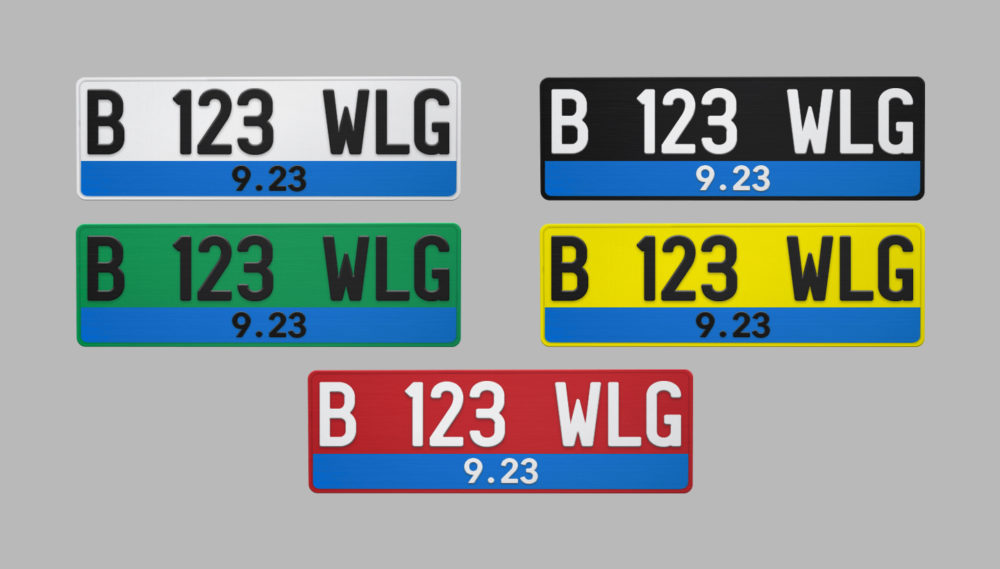
Types of Electric Car Plates
The Vehicle Registration Number (TNKB) or electric vehicle license plate itself has several types. One of the most common types is a white plate with a blue line at the bottom.
Regulations regarding the color of electric vehicle plates are regulated in the Indonesian National Police Regulation, or Perpol Number 7 of 2021, Article 45, Paragraph 2. Here are several types of electric car plates in Indonesia:
1. White Plate with Blue Line
The white plate with a blue line is used for trial electric vehicles equipped with a Vehicle Trial Certificate, or STCK. Initially, this white color indicated the trial status of the electric vehicle. However, according to the latest Korlantas Indonesian Police regulations, there was a change in the base color of TNKB (Vehicle Registration Number) to white for private vehicles, effective June 2022.
2. Black Plate with Blue Line
The black plate with a blue line is used for privately owned electric vehicles. This is a common plate used by electric car owners for daily use. However, this black color plate now only applies to owners who purchased their cars before June 2022, before the implementation of the Korlantas Indonesian Police regulations regarding TNKB with a white base color.
3. Green Plate with a Blue Line
The green plate with a blue line is used for electric vehicles operating in free trade zones, such as Batam. Electric vehicles with green plates receive duty-free facilities but cannot be operated in other areas of Indonesia.
4. Yellow Plate with a Blue Line
The yellow plate with a blue line is used by electric-powered public transportation, such as electric taxis and other public transport. The yellow color indicates that the vehicle is electric-based public transportation.
5. Red Plate with a Blue Line
The red plate with a blue line is used for electric vehicles that are government-owned service vehicles. This indicates that the vehicle is used for government purposes.
Electric Car License Plate Production Process
The process of producing electric car license plates is relatively simple. You can apply at the local SAMSAT office or do it online. Make sure to bring valid vehicle documents and identification.
For the requirements for applying for a new electric car license plate, they are as follows:
- Vehicle Registration Certificate (STNK)
- Motor Vehicle Owner’s Book (BPKB)
- Proof of motor vehicle tax payment
- A letter of authorization from the electric car dealer or distributor
Old electric car owners can replace their license plates with new electric car plates. The required documents are as follows:
- STNK
- BPKB
- Proof of motor vehicle tax payment
- Application letter for electric car license plate replacement
Based on the 2021 Indonesian Police Regulation on Motor Vehicle Registration and Identification, vehicle owners are given the option to choose a special plate by paying non-tax state revenue according to applicable regulations. This regulation refers to Government Regulation No. 60 of 2016 concerning the types and tariffs for non-tax state revenues imposed by the Indonesian National Police.
For regular vehicle license plates (NRKB), the cost is Rp 60,000 for two or three-wheeled vehicles, while for four-wheeled or more vehicles, the cost is Rp 100,000. However, if the vehicle owner wants to use a special plate, they must prepare additional money ranging from Rp 5 million to Rp 20 million.
Here is a list of the prices for issuing special plates, from the most expensive to the cheapest:
- NRKB with one number without letters at the back: Rp 20 million.
- NRKB with two numbers without letters at the back: Rp 15 million.
- NRKB with three numbers without letters at the back: Rp 10 million.
- NRKB with four numbers without letters at the back: Rp 7.5 million.
If the special plate is chosen, it is important to remember that the plate is only valid for five years. After that, the vehicle owner needs to pay non-tax state revenue again if they want to continue using the special plate. If the owner does not want to continue, they will be given back the regular plate according to the applicable sequence.
The electric car license plate is one of the easiest ways to distinguish electric cars from fossil-fuel-powered cars, such as the Wuling Air ev, as an electric car that is setting a trend in Indonesia. Air ev is one of the favorite choices for those who want to adopt an eco-friendly lifestyle.
The advantages of the Air ev are not only in its futuristic performance and design but also in terms of sustainability and efficiency. Therefore, it is not surprising that the Air ev car plate and other electric vehicles have several privileges, such as being exempt from odd-even rules and emitting zero exhaust gas.
Understanding the differences in electric car plates is an important step in supporting sustainable, environmentally friendly vehicle mobility. With various types of license plates available, electric car owners can choose the one that best suits their needs and values. This also supports the environmental love movement for a greener world.
